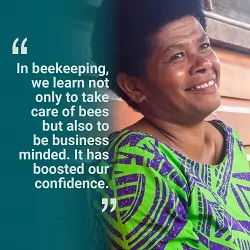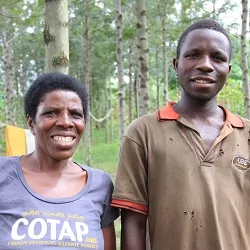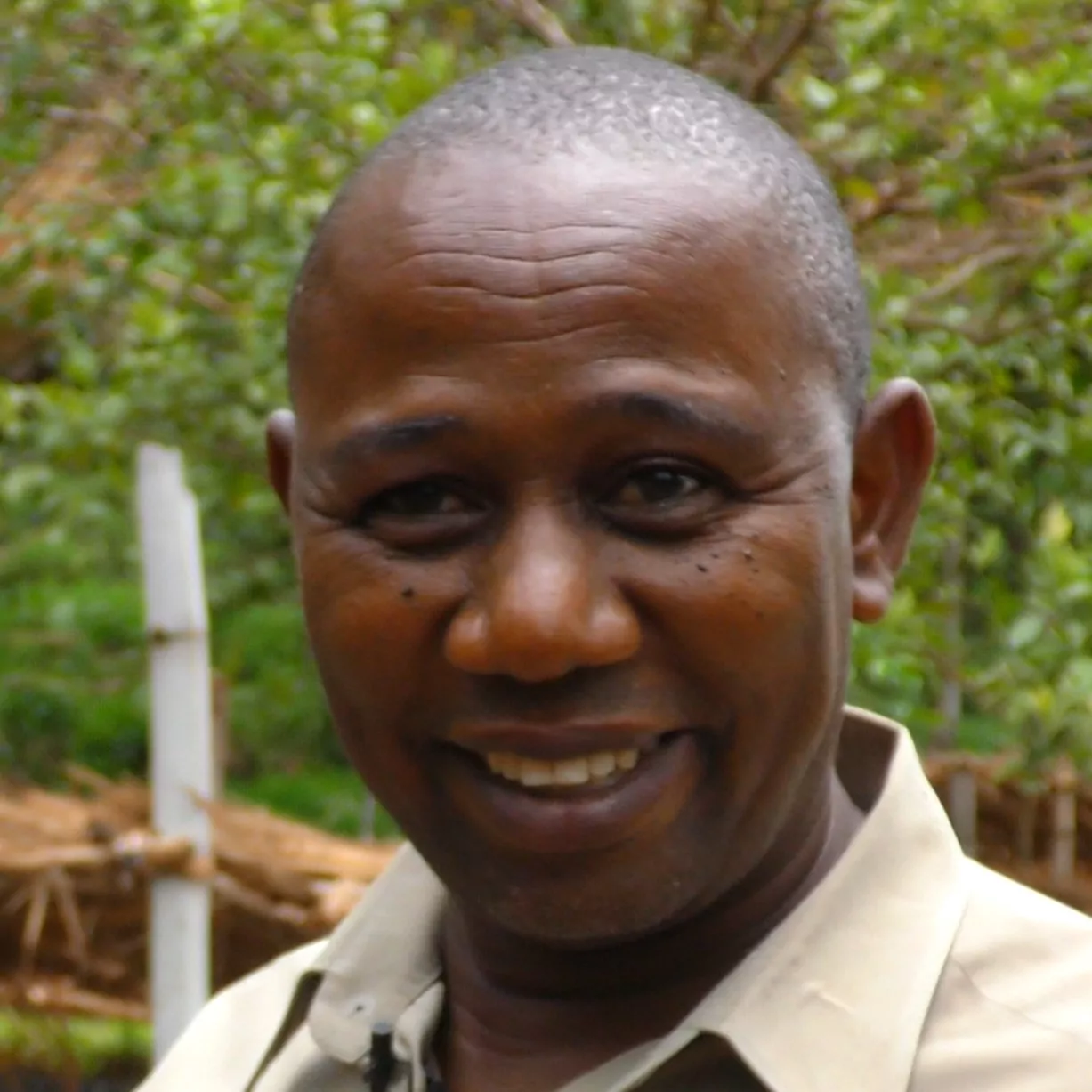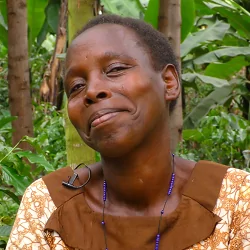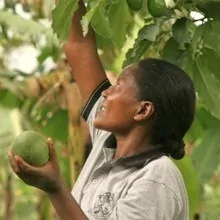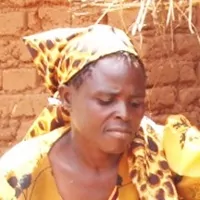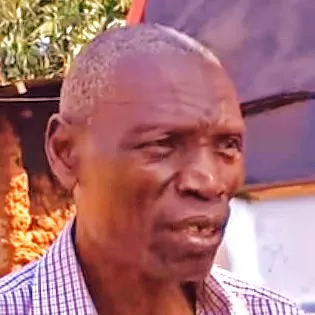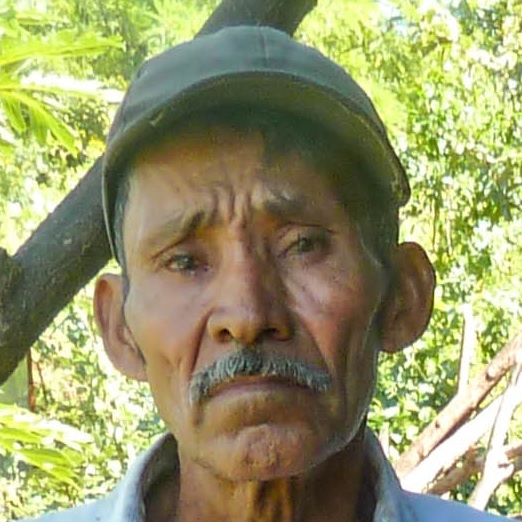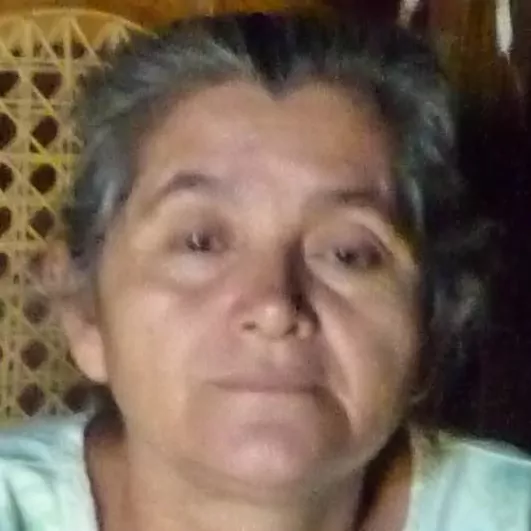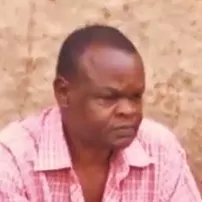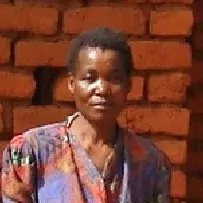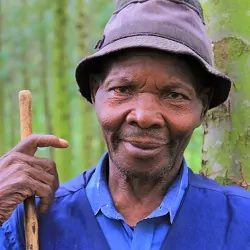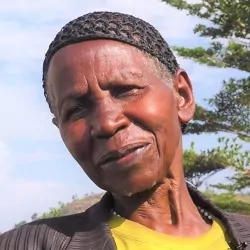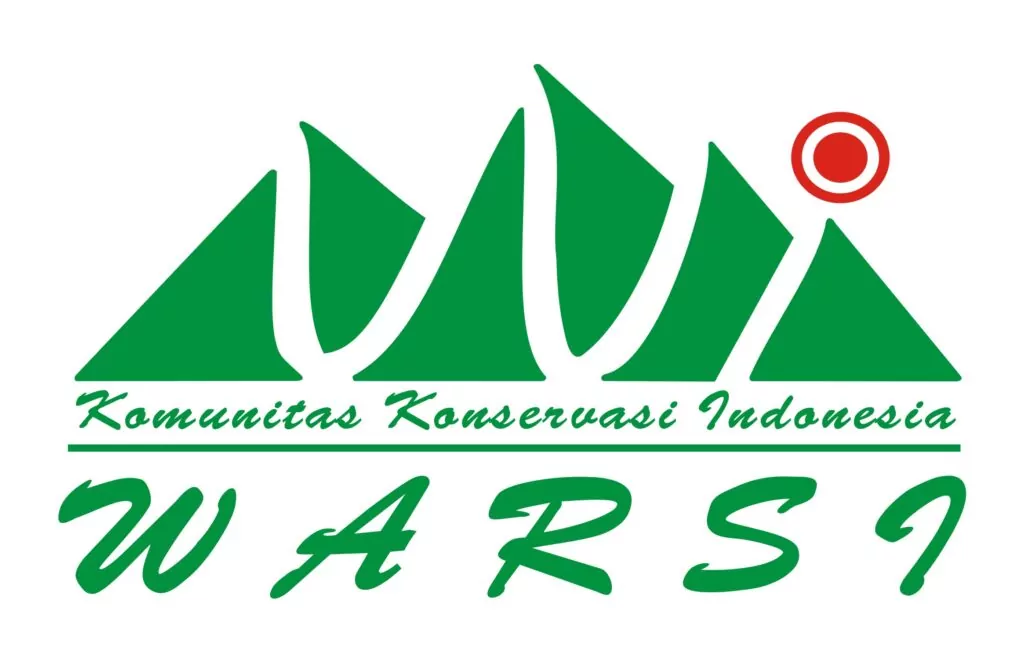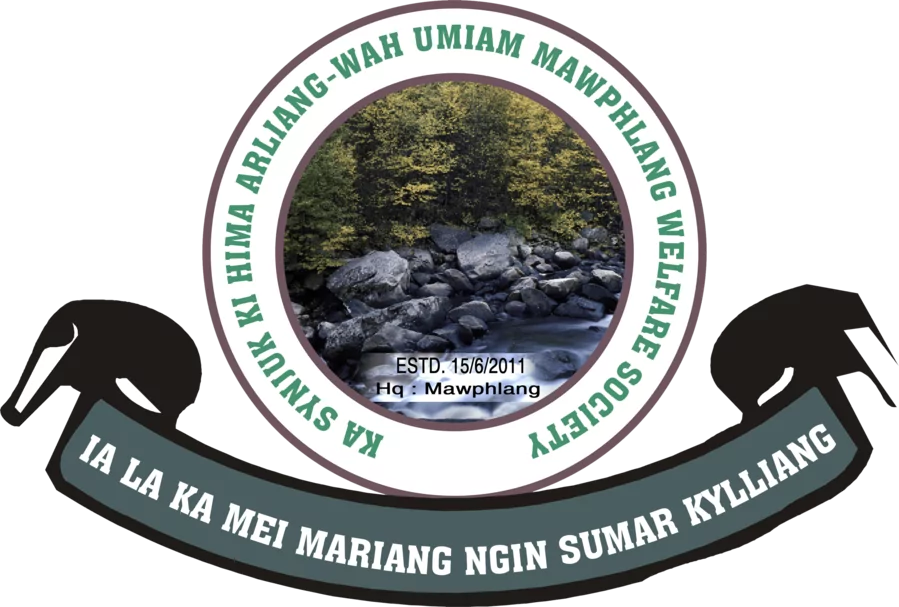Contact: Stephen Kent, skent@kentcom.com, 914-589-5988
New Documentary on India’s First REDD+ Project Shows Why Indigenous Ownership and Leadership Is Vital for Carbon Offsets
[Walnut Creek, California – February 3, 2023] The global non-profit Carbon Offsets To Alleviate Poverty (COTAP.org) has posted a new documentary video that depicts in detail the activities and benefits of the Khasi Hills Community REDD+ (Reducing Emissions from Deforestation and Forest Degradation) Project in a remote area of northeastern India’s Meghalaya state, situated between Bangladesh and Bhutan. You can watch a one-minute trailer here. The full video is posted here.
Khasi Hills is India’s first REDD+ carbon offset project, initiated in 2011, the same year COTAP was founded. It’s one of the few carbon credit projects that is 100% community-owned and operated. In a global carbon market where local indigenous communities increasingly complain of being exploited by “carbon pirates” (outside companies which establish offset projects on their land without proper consultation), Khasi Hills is an instructive example of a community successfully owning and running its own offset project. To date, it has created about 350,000 tonnes of verified CO2 emissions reductions through protecting and restoring its ancient forests, and has brought about $900,000 in benefits to the community.
The 20-minute video centers on local community councils and leaders, foresters, and farmers, showing in vivid, non-technical detail how the project works to conserve forests while improving lives and livelihoods. It follows forest conservation, replanting, and sequestration activities, as well as sustainable tourism development. It interviews local residents in their homes describing how the project helps improves their lives, for example by replacing charcoal stoves with electric rice cookers, saving them time and improving indoor air quality. It films local community council meetings and participants explaining how the project governance is handled with full representation and gender equality.
“If the global carbon offset industry had more local indigenous communities like the Khasi in the driver’s seat, then we’d see a lot fewer horror stories stemming from lack of consultation and insufficient or nonexistent carbon revenue sharing,” said Tim Whitley, COTAP’s founder and CEO. “We made this film to show how carbon credits can be done well, what’s at stake, and what it looks like when fighting poverty, helping people, and strengthening communities are given equal priority alongside a project’s carbon benefits.”
While 100% local ownership of carbon credit projects is relatively rare, it’s the only kind of project COTAP offers. All COTAP projects are located in areas where income levels are less than $2 per day, and all are certified under Plan Vivo, the world’s longest-standing voluntary standard for forest carbon, which stipulates not only that rural communities own their projects, but also that they receive at least 60% of all carbon revenues.
That’s an antidote to widespread inequity and lack of transparency in carbon markets, where carbon credits with opaque, high margins — even those sold by nonprofits — often direct the majority of the carbon revenue to outside intermediaries, with only a fraction trickling down to communities. By contrast, for Khasi Hills and other COTAP partners, 90% of the revenue goes to the locally owned project, where communities make collective, autonomous decisions about how to use it.
As the documentary points out, COTAP pays the Khasi Hills project $13.50 per tonne — more than double what other Khasi Hills buyers pay and four and a half times the average price for REDD avoided unplanned deforestation credits in the wider voluntary carbon market. COTAP’s 10% margin and Plan Vivo’s 60% sharing requirement result in at least $8.10 in community income per tonne of carbon. That’s more than three times what others pay for the entire offset.
“Carbon markets are largely broken,” said Whitley. “They’re a zero-sum game dominated by for-profit intermediaries which view carbon primarily as a one-dimensional environmental commodity, an asset to be bought low and sold high. But when you look at the reach, relevance, and scale potential for offsetting projects in developing countries, this is a tragic situation, because every dollar per tonne poor communities don’t get for their carbon is a permanently missed opportunity to alleviate poverty.”
NOTE TO EDITORS AND PRODUCERS: Tim Whitley is available for comment and interviews. To request an interview, or for further information, please contact Stephen Kent, skent@kentcom.com 914-589-5988.
About COTAP: Founded in 2011, Carbon Offsets To Alleviate Poverty (COTAP) is a 501(c)3 non-profit organization that empowers individuals and organizations in developed countries to address both climate change and global poverty. COTAP counteracts your carbon emissions through certified forestry projects in least-developed regions which create transparent, accountable, and life-changing earnings for rural farming communities where income levels are less than $2 per day.


